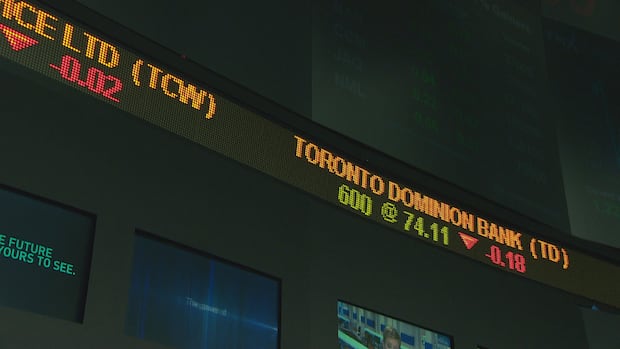The Liberal government’s changes to the capital gains tax are now being challenged in court.
The Canadian Taxpayers Federation filed an application for a judicial review of the policy on Friday. The organization argued that the increases to the capital gains inclusion rate shouldn’t be applied because they were never officially passed into law.
“This tax grab violates the fundamental principle of no taxation without representation. That’s why we are asking the courts to put an immediate stop to this bureaucratic overreach,” Devin Drover, a lawyer for the organization, said in a statement.
April’s federal budget announced an increase to the taxable amount of capital gains — the profits that individuals or businesses make from selling an asset like a stock or a second home.
The new rules increased the inclusion rate from one-half to two-thirds of capital gains above $250,000 for individuals, and for all capital gains earned by corporations and trusts, meaning that portion of capital gains would be taxed as regular income.
Legislation to officially introduce the capital gains changes was before the House of Commons, but is now essentially dead after Prime Minister Justin Trudeau asked for Parliament to be prorogued.
But the Canada Revenue Agency (CRA) is still using the higher inclusion rate, because the government passed a “ways and means” motion in Parliament.
Business leaders in B.C. are calling on the new federal finance minister to reverse announced changes to the capital gains tax. Some Canadians have been forced to pay it at a higher rate since the federal government tabled the legislation last year even though it never passed through parliament before it was prorogued. And as Rob Easton reports, that’s caused some to call on the minister to intervene.
The judicial review calls on the federal court to order the CRA to stop collection of the tax at the higher inclusion rate.
“An order is … required restraining the CRA from taking any further future steps to administer the new inclusion rate until and unless the new inclusion rate is authorized by Parliament by way of duly enacted legislation,” the court documents read.
CBC News has reached out to the CRA for comment.
The case was filed on behalf of an Ontario couple who recently sold a property that they had previously been renting to their adult children.
Top Liberals distancing themselves from policy
Liberal leadership hopeful Chrystia Freeland — who introduced the increased inclusion rate as finance minister — would scrap the changes if her bid was successful
Freeland originally defended the changes when she was still finance minister, saying they were meant to address issues of tax fairness. She said at the time that the increase would pull in $19 billion to fund supports for new housing and big-ticket social programs like dental care and pharmacare.
Freeland told reporters on Thursday that her about-face on the capital gains tax was due to uncertainty surrounding U.S. President Donald Trump’s return to the White House.
A spokesperson for former Bank of Canada governor Mark Carney — who is also seeking the Liberal leadership — told CBC News that the capital gains changes “sent the wrong signal,” but didn’t say if he would scrap the changes.
“[Carney] believes that wealth inequality is one of the most urgent issues of our time, but growth that isn’t created can’t be shared. Steps like those are best made as part of broad tax reform,” Marie-Pascale Des Rosiers, Carney’s deputy campaign manager, said in an email.
“He will be making his own comprehensive announcements on such steps soon.”
Conservative Leader Pierre Poilievre recently said that he would reverse the increase to the inclusion rate on capital gains if his party forms government after the next election.
The Conservatives have also called on the government to stop the CRA from collecting the tax at the higher inclusion rate because the legislation wasn’t passed.

